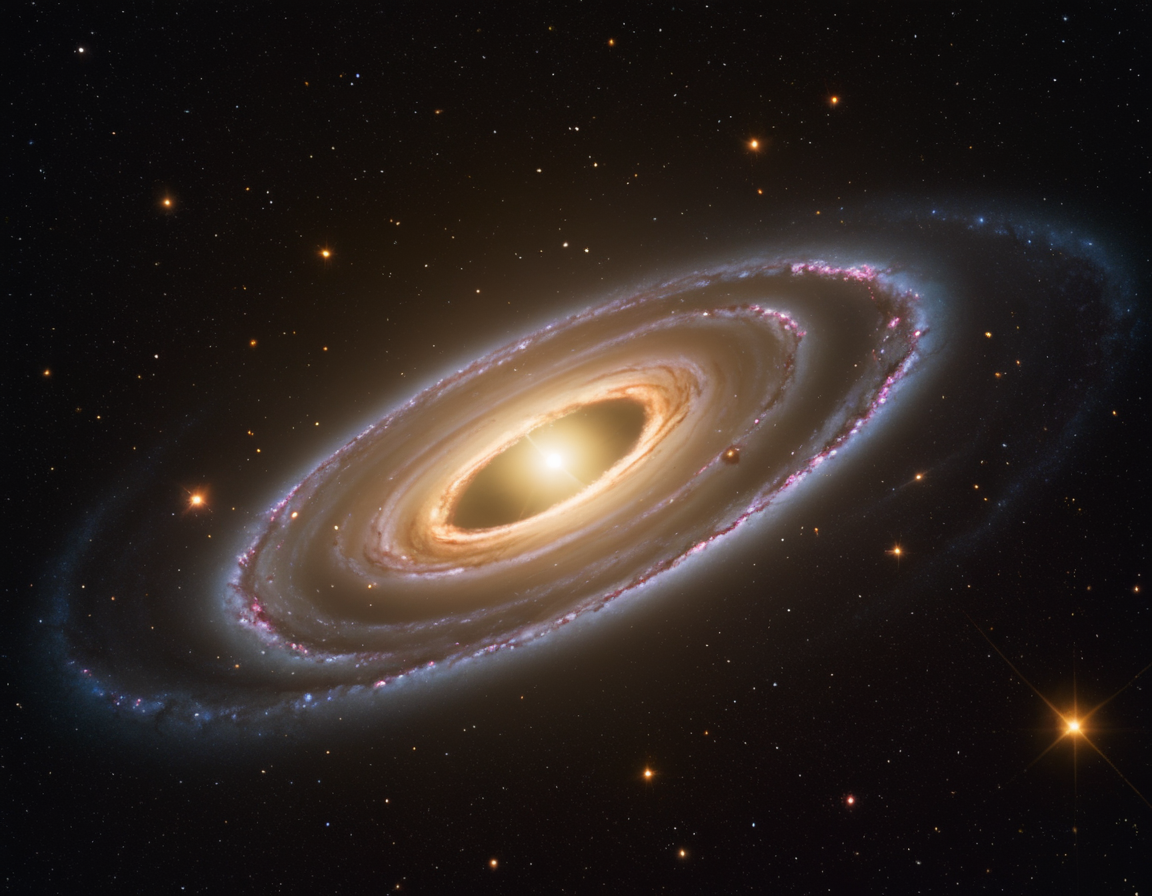Unraveling the Mysteries of Dark Matter: Insights from Wikipedia
Exploring the Unknown: The Enigma of Dark Matter
Dark matter remains one of the universe’s greatest mysteries. This invisible substance does not emit, absorb, or reflect light, making it extremely difficult to detect directly. Yet, its existence has a profound impact on the structure and behavior of galaxies. Our journey into the dark universe begins with examining the key concepts and discoveries that shape our understanding of dark matter.
Historical Perspectives and Discovery
The concept of dark matter was born out of astronomical anomalies. In the early 20th century, astronomers observed that the outer regions of galaxies were rotating at the same speed as the inner regions. This was counterintuitive because according to Newton’s laws, objects further out should move slower. The missing mass needed to explain this phenomenon was termed ‘dark matter’.
The Evidence for Dark Matter
Astronomers gather evidence for dark matter through various observations: gravitational lensing, the cosmic microwave background, and the behavior of galaxy clusters. Gravitational lensing, for example, occurs when a massive object warps spacetime, bending the path of light from distant galaxies, suggesting the presence of unseen mass. 
What Could Dark Matter Be?
Theories abound about the composition of dark matter. The most popular candidates are Weakly Interacting Massive Particles (WIMPs) and axions. These hypothetical particles have eluded detection but are central to understanding dark matter. Other theories propose that dark matter could consist of primordial black holes or MACHOs (Massive Compact Halo Objects).
The Search Continues
Scientists worldwide are engaged in a relentless search to detect dark matter directly. They use sophisticated detectors in deep underground laboratories or in space-based experiments, all aimed at capturing the elusive signals that dark matter might produce. Though success has not yet been achieved, the quest continues, driven by the potential to unlock one of the universe’s greatest secrets. 
Implications of Dark Matter on Cosmology
The existence of dark matter has significant implications for cosmology. It plays a critical role in the formation and evolution of galaxies, influencing the large-scale structure of the universe. Without dark matter, the universe as we know it would not exist. 
Engage with the Universe’s Mysteries
As we delve into the mysterious realm of dark matter, we invite you to join the conversation and exploration. Share your thoughts, discuss with others, and stay informed. The universe is full of wonders, and dark matter is just one puzzle waiting to be solved. What are your theories?
Visit our blog for more interesting topics, engage with us in the comments, or share this post to encourage others to marvel at the universe’s intricacies alongside you.






